Book Appoinment
Introduction
Nose Job or Nose Surgery is one of the most common cosmetic plastic surgery done worldwide. Central part of face including forehead, nose and peri oral area (lips and adjacent area) gives our face a unique feature. Nose, being the most projected part of face is noticed first when one sees our face. Various Rhinoplasty (Nose Surgery) criteria have been defined for aesthetically pleasing nose. We have the facility of both Surgial as well as Non-Surgical nose reshaping as per the patients requirements. Also a patient may under go non-surgical nose reshaping before actually going for surgery to see the results before hand.
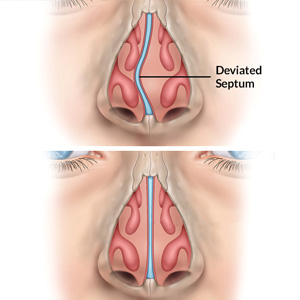
Septoplasty
Septoplasty is a surgical procedure performed to correct a deviated septum. A deviated septum can cause difficulty breathing, snoring, sinus infections, and other related symptoms. The procedure involves straightening the partition that separates the two sides of the nose. This may involve removing or reshaping the cartilage and bone that make up the septum. Septoplasty is typically performed on an outpatient basis and is a safe and effective way to improve breathing and related symptoms. Recovery time varies, but patients can generally return to work and other daily activities within a few days after the procedure.
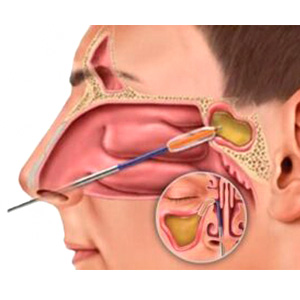
Functional Endoscopic Sinus Surgery (FESS)
It is a minimally invasive surgical procedure performed to treat chronic sinusitis, nasal polyps, and other related conditions. FESS uses an endoscope, which is a thin, flexible tube with a light and camera, to provide the surgeon with a clear view of the sinus cavities. The surgeon uses specialized instruments to remove tissue and clear blockages from the sinuses. FESS is a safe and effective way to improve breathing and related symptoms, and it typically has a shorter recovery time than traditional sinus surgery.
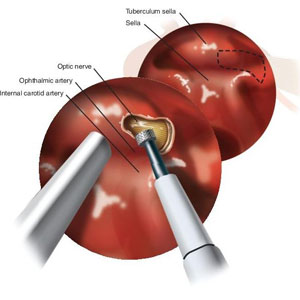
Optic Nerve Decompression
Optic nerve decompression is a surgical procedure performed to relieve pressure on the optic nerve, which can cause vision loss or other related symptoms. The surgery is typically performed to treat conditions such as thyroid eye disease or traumatic optic neuropathy. During the procedure, the surgeon creates a small opening in the bone surrounding the optic nerve to relieve pressure and improve blood flow. Recovery time varies, but patients can generally return to normal activities within a few weeks after the surgery. Optic nerve decompression is a safe and effective way to treat vision loss caused by pressure on the optic nerve.
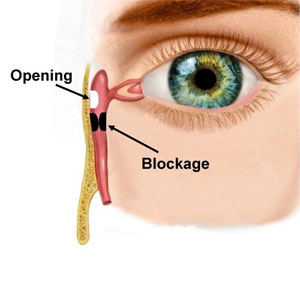
Dacryocystorhinostomy (DCR)
A surgical procedure performed to treat blockage in the tear drainage system. During the procedure, a new opening is created to allow tears to drain directly into the nasal cavity. This may be done through an external or endoscopic approach, depending on the location of the blockage. DCR is a safe and effective way to improve symptoms such as excessive tearing, discharge, and recurrent infections. Recovery time varies, but patients can generally return to normal activities within a few weeks after the surgery.
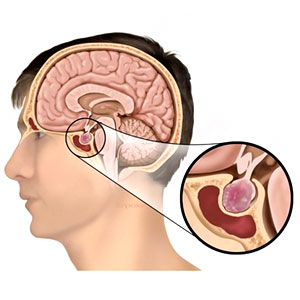
Pituitary Tumors
Surgery is one of the main treatment options for pituitary tumors. The goal of surgery is to remove the tumor, relieve pressure on the surrounding brain tissue, and restore normal hormone production. The type of surgery used depends on the size and location of the tumor and can range from minimally invasive endoscopic approaches to open craniotomy procedures.
